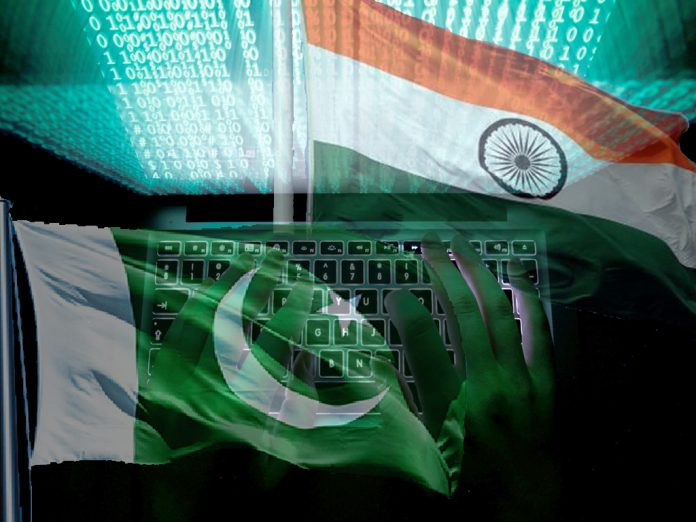LAHORE: Calling for removing non-tariff barriers between Pakistan and India, Indian High Commissioner to Pakistan Ajay Bisaria on Friday said both the countries need to shun violence and normalise relations in order to take the two-way trade to $30 billion from the present $5 billion.
Addressing an event at the Lahore Chamber of Commerce and Industry (LCCI), the Indian envoy told the audience that traders on both sides of the Indo-Pak border face visa issues which is among the reasons why the two sides have failed to actualise the potential $30 billion trade mark estimated by the World Bank.
Trade volume through a third country is greater while direct trade between India and Pakistan stands at only $2.2bn, Bisaria noted.
He stressed that the two sides will have to work together for a peaceful future and said that poverty and illiteracy are common enemies of both nations, adding that both sides need to improve mutual ties.
Indian High Commissioner also stressed that the visa tensions between the two neighbours is a serious issue and must be resolved, assuring that he would try to ease and increase the issuance of visa for traders.
Speaking at the Lahore Chamber of Commerce and Industry, he said that Pakistan and India are neighbours and will continue to be so, as such there is a need for dialogue.
He stressed that the two sides will have to work together for a peaceful future and said that poverty and illiteracy are common enemies of both nations, adding that both sides need to improve mutual ties.
At a dinner in Lahore on Thursday, he said he was optimistic about the resolution of current tensions between the two neighbours.
Tensions between Pakistan and India have increased in recent weeks over the harassment of diplomatic officials and their families, including children, in New Delhi.
Pakistani officials have also repeatedly protested against ceasefire violations by Indian troops at the Line of Control. Firing and shelling incidents had resulted in a number of civilian deaths.




